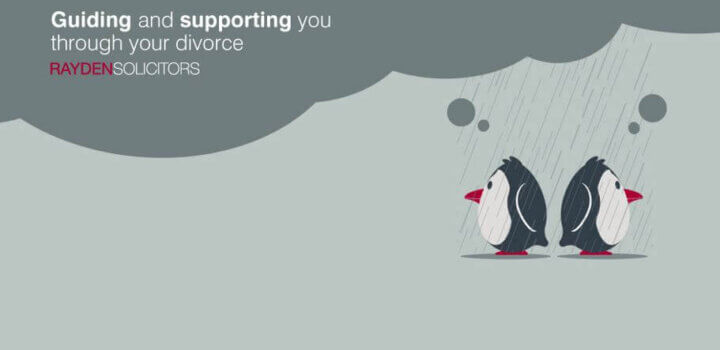The merits (or otherwise) of Decree Absolute being granted before a financial order has been made varies depending on the circumstances of each case. Decree Absolute does have financial implications, particularly on the financially weaker party, because this impacts entitlement to particular assets. For example, if the other person dies before a financial order has been made, if Decree Absolute has already been granted the other person is likely to lose any entitlement to a widow’s/widower’s pension or spouse’s life insurance benefits.
How you can prevent your spouse from applying for Decree Absolute differs depending on whether you are the Petitioner or the Respondent in the divorce proceedings.
- If you are the Petitioner:
You are able to apply for the Decree Absolute to be granted 6 weeks and 1 day after the date the Decree Nisi is pronounced (the interim stage of the divorce proceedings). However if you do not do so, the Respondent is able to apply for Decree Absolute 3 months after you were able to do so. If the relevant time periods have passed and the Respondent applies for Decree Absolute, the Petitioner will have to show that there are “special circumstances” why the Decree Absolute should not be granted by the Court. An example of such circumstances would be that there are undisclosed assets and that the Petitioner would suffer “undue financial hardship” if the Decree Absolute was granted without a financial order in place.
One benefit to being the Petitioner is that you are more in control of the timings of the divorce proceedings. If the Respondent tries to stop or delay the decree absolute, they will have to provide the Court with the reasons for the “special circumstances”. The procedure for the Respondent is also more onerous and they need to provide a supporting statement for their application and incur legal costs of the process which the Petitioner does not. In practice, it is often therefore the case that the Respondent prefers to wait for the Petitioner to make their own application.
- If you are the Respondent:
An extremely risk averse option to stop the Petitioner applying for Decree Absolute during the proceedings, providing all the deadlines have passed, is to make an application to court in Form D11 requesting that your application (based upon papers alone, so that neither party has to attend) is granted by a Judge. You as the Respondent will have to provide the Court with the reasons for the “special circumstances”, why Decree Absolute should not be granted. The Court has very narrow grounds of what they consider “special” and you may therefore not be successful in making such an application.
The first step
In an ideal world, if you are extremely concerned that your spouse may make an application for Decree Absolute, then the first step would be to request an undertaking (a promise to the other party and the court) from them that they will not apply for Decree Absolute until a financial order is in place. This is very much a belts and braces approach, but can be effective in circumstances where you have a litigant in person on the other side who isn’t aware of the financial implications of Decree Absolute being granted. If they will not provide an undertaking, then you would need to make an application to Court, as outlined above.
The portal
This is something to be alive to now that the online divorce portal is in place and many individuals are going through this process themselves without specialist family law advice. It can be tempting to go through the motions of the divorce proceedings from the HMCTS email prompts that the portal gives, and an application for Decree Absolute to be made and granted, when it is not actually the intention of either party.
It is particularly helpful to know your options if an application is made and what will happen next, particularly when dealing with a difficult former partner.
If the issues discussed in this blog affect you please do contact us to discuss how we might be able to help.










